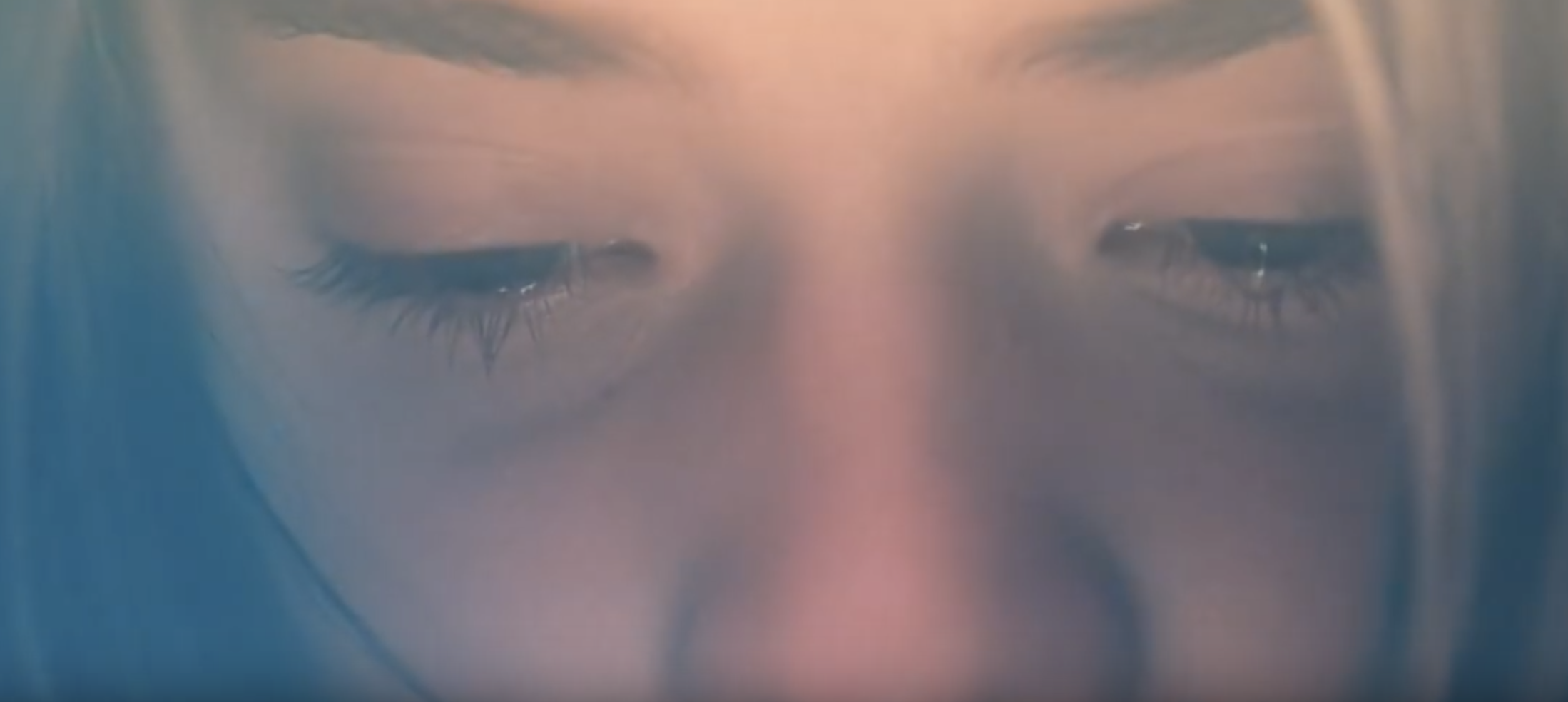I remember the first time I had ever watched David Lynch’s Mulholland Drive, and how its sheer brilliance had rendered me speechless, while what I can only describe as a tingling sensation cascaded the length of my spine the very moment it faded to black. It was one of the most profound cinematic experiences of my life, solidifying my appreciation for Lynch’s rare talent.
In a recent contemplation, I wondered if David Lynch were to marry his surrealist style with the gloriously twisted sensibilities of David Cronenberg, would Panos Cosmatos’ Beyond the Black Rainbow be their love child?
Cosmatos, the son of famed director George P. Cosmatos, might unabashedly exhibit influence from both directors in his 2010 debut, and although its conclusion left me speechless in a manner similar to Mulholland Drive, it crucially lacked the same sense of spine-tingling euphoria.
The key element preventing such a response to Beyond the Black Rainbow, for me, is the overbearing sense of style over purpose. I have no doubt in my mind that Cosmatos, who displays genuine promise as a writer and director here, has singular purpose in his vision wherein every creative choice possesses significant meaning that transcends the overall narrative and its themes. Only, half the time these potential meanings were utterly lost on me, with little to no sense of tangible reason.
Although, by comparison-and I admit it is somewhat unfair at that-David Lynch is by no means perfect, as his reach can occasionally exceed that of his own grasp, yet he has this uncanny ability to evoke an ineffable sense of purpose through his unique merger of the audio-visual.
To be fair, Beyond the Black Rainbow’s narrative plays out clearly enough (considering), which is set in 1981 and depicts Dr. Barry Nyle’s (Michael Rogers) psychotic fixation on Elena (Eva Bourne), a young girl with psychic abilities who is also being held captive in the lab he operates. The dialogue is somewhat minimalist, though Cosmatos’ pairing of intriguing visuals and claustrophobic cinematography do an impressive job of advancing the narrative whilst instilling a consistently palpable sense of dread and discomfort.
My issues in this respect lie with the overly stylised liberties Cosmatos takes with his visuals, which often overstay their welcome, superseding its initial terrifying intrigue with nothing more than tired exasperation. The film is certainly a compelling study of one man’s psychosis, aided greatly by Rogers’ performance, which is believably chilling down to every last spoken syllable, but this only leads to more frustration when his character’s development gets lost in Cosmatos’ unchecked embellishments.
Furthermore, Beyond the Black Rainbow works best as a self-contained piece of alt-history, bound only by Ronald Regan’s speech on weapons of mass destruction that mirror the potential weaponization of Elena’s abilities, which together subtly hint at the C.I.A.’s infamous Project MKULTRA. But in yet another dubious decision by Cosmatos, two heshers are introduced in the final moments of the film who, despite embodying a counterculture of the 1980s, serve only to betray the film’s tonal illusion, coming off as nothing more than forced slasher fodder.
As problematic as Beyond the Black Rainbow can be, it still showcases the potential of Panos Cosmatos, whose singular pursuit in realising his auteurist bravura is confidently displayed. Cosmatos’ debut film may not strike all the right surrealist notes seen in the finest works of Lynch and Cronenberg, but his command of such material is undeniable, and I eagerly await its execution in his critically acclaimed sophomore effort Mandy, which I will be reviewing next week.
5/10
![]()
![]()
![]()
![]()
![]()
![]()
![]()
![]()
![]()
![]()

